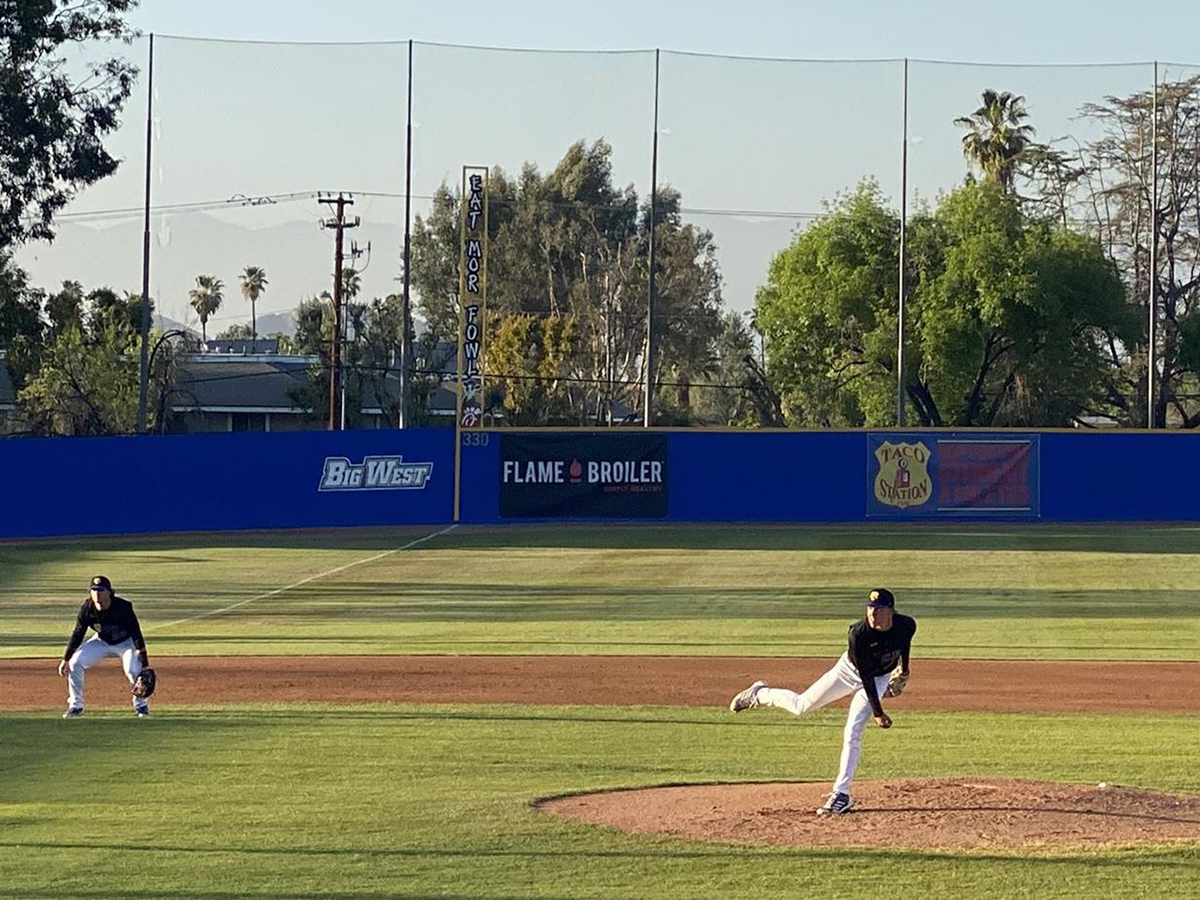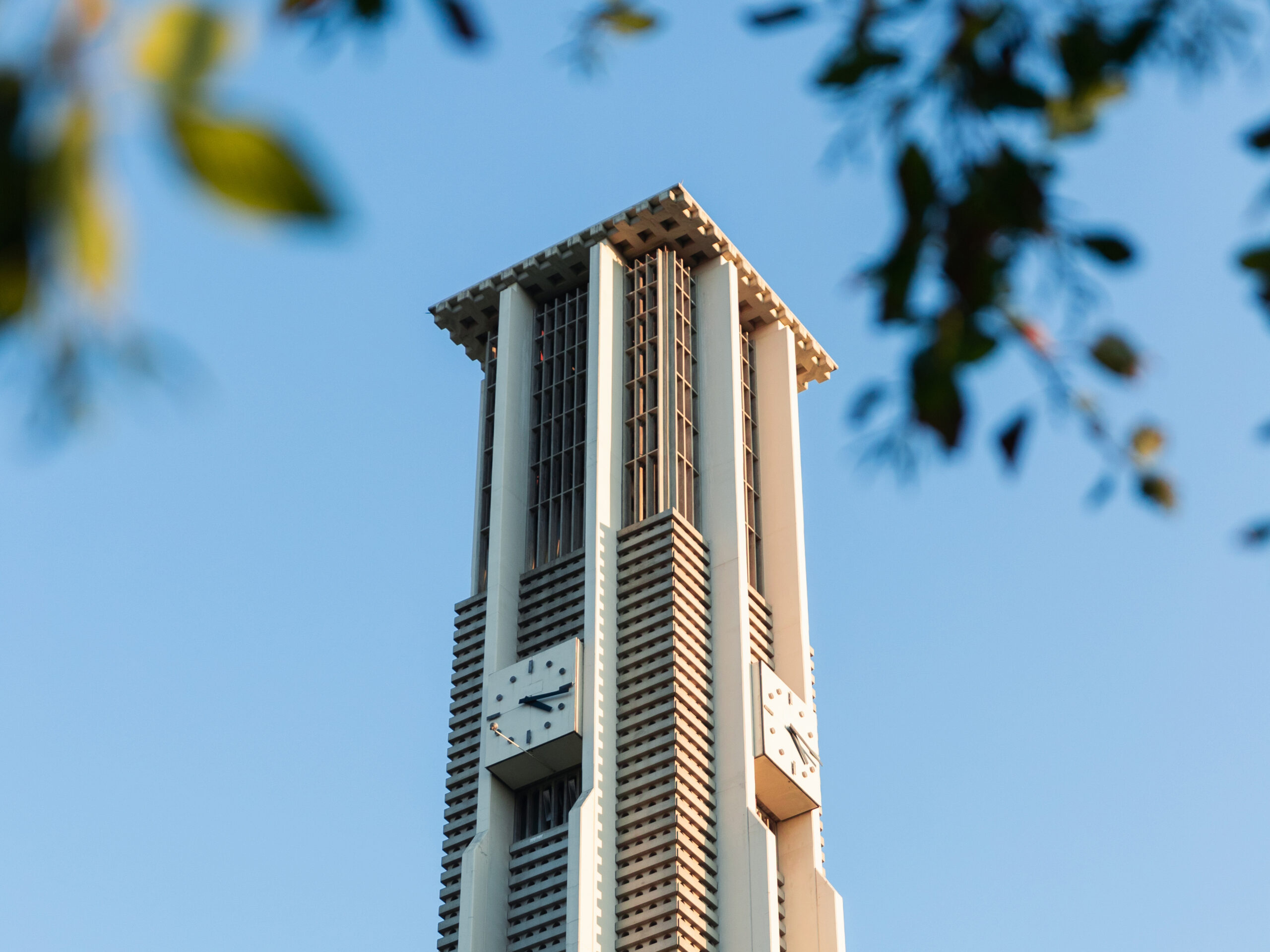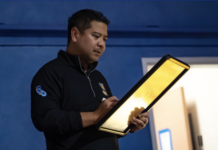The domino effect of the COVID-19 pandemic was observed at UCR in September of last year when the Budget Advisory Committee suggested that athletics be cut in order to balance out the negative financial impact put on by the pandemic.
“COVID affected everybody differently. We had staff members who lost relatives. At least ten friends of mine lost relatives,” said Interim Director of Athletics Wesley Mallete. “We were dealing with literally or figuratively life or death situations. Life and death with COVID, life or death potentially of the athletics department, keeping people healthy, keeping people safe, managing people through this mentally, physically, emotionally and professionally.”
That November, Chancellor Kim Wilcox announced the Athletics Working Group as a response to the backlash the BAC’s recommendation received for failing to include any representatives from athletics and to further the discussion of the proposal. This group was comprised of Vice Chancellor for Student Affairs Brian Haynes, BCOE Dean Chris Lynch, CNAS Dean Frances Sladek, Former Staff Assembly President and Event Services Coordinator for CHASS Julie Salgado, women’s softball athlete Raena Robinson, Board of Trustees Immediate Past Chair Susan Atherton, the Athletics Director, Faculty Athletic Representative Walter Clark, ASUCR President Luis Huerta, Chair of Academic Senate Planning and Budget Katherine Kinney, Graduate Student Association President Nichi Yes and Immediate Past Chair for the UCR Athletics Association Board of Directors Robert Field.

The purpose of the AWG was to conduct an external review of UCR Athletics as well as to assess the challenges and opportunities it offered. In April of 2021, the work done by the AWG came to a close, and the research they conducted was offered to Wilcox for the final review. The final decision was released on May 6, 2021, which stated that UCR Athletics and all the 17 sports found within would continue to compete at the Division I level within the Big West Conference.
This decision comes with considerable changes to the current athletics model. Mallette will report to Haynes and Wilcox to begin working on adapting a new model. In his statement, Wilcox stated, “Beginning immediately, Intercollegiate Athletics will implement a three-year financial and operational plan to achieve substantial permanent budget reductions, increase externally generated revenue, and move toward financial stability.” In addition to the aforementioned, a potential referendum to increase the current Division I athletics fee that UCR undergraduate students pay is being explored.
“At the end of the day, athletics is really focused on one major thing: our mission. Our mission is to build and develop student athletes for opportunities in life through sport,” said Mallette. “The fields, the courts, the courses, the track, this is our classroom. This is where we build and develop our students for the next stage in their life,” he concluded.








